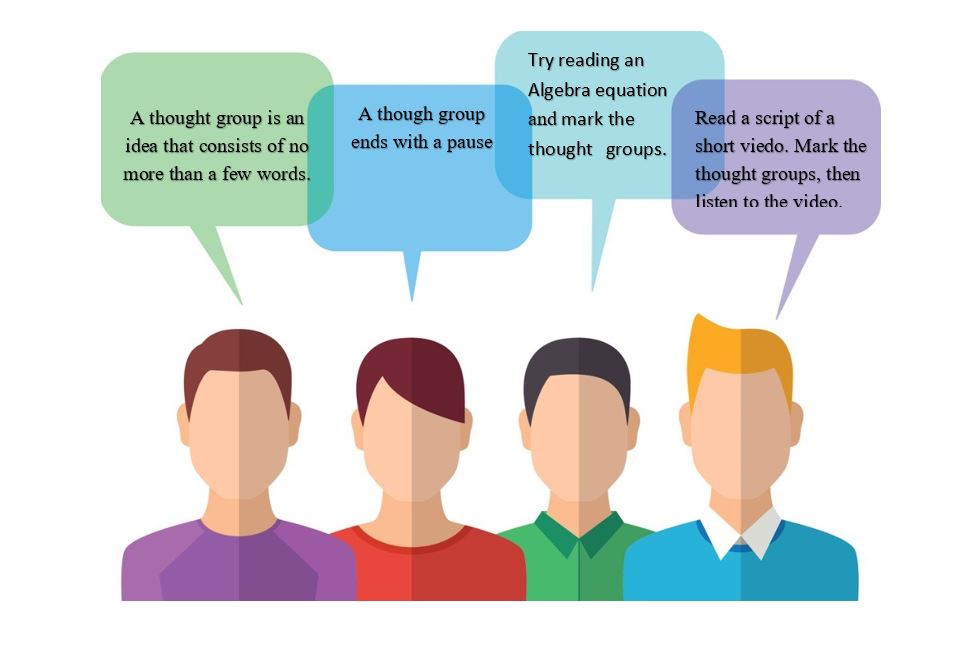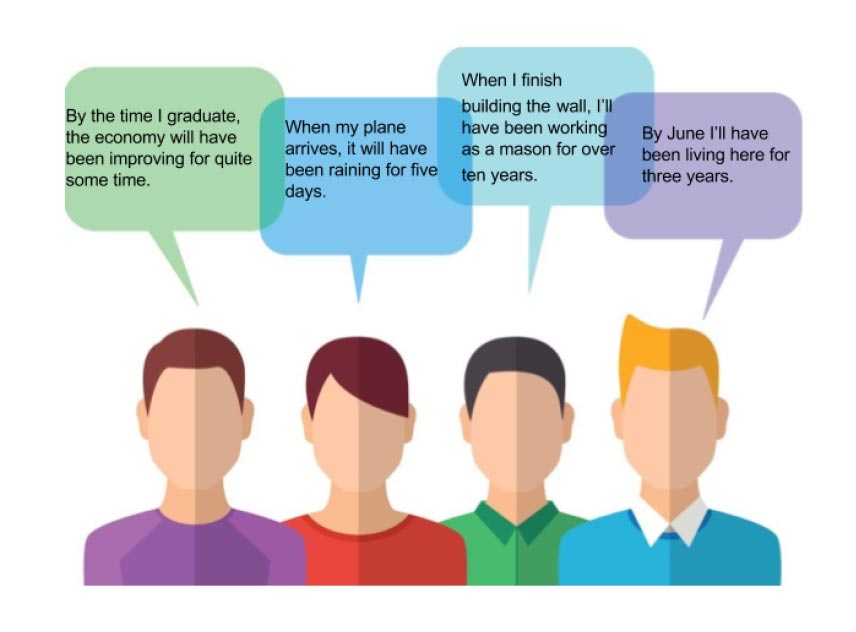
Ever wonder which words have a z sound, like jeans[z] or bean[z] and which have an s sound like cats or bats? Find out at mylanguagemaster.com. Learn the rules for pronouncing the z sound.

Ever wonder which words have a z sound, like jeans[z] or bean[z] and which have an s sound like cats or bats? Find out at mylanguagemaster.com. Learn the rules for pronouncing the z sound.

A really useful way to help our students with their listening is to help them become aware of ‘thought groups’ – a term from the excellent phonology book for learners ‘Speaking Clearly’ – Rogerson & Gilbert – (CUP). These are sometimes called ‘tone units’ or ‘sense groups’. Rogerson & Gilbert define ‘thought groups’: When we […]

Vowel Sounds Call 781.385.0231 American English pronunciation relies heavily on vowels and vowel combinations. There are short vowels and long vowels and several varieties of each used in daily speech. Vowels are continuously shortened and lengthened depending on their location within a […]

Learn Linking Call 781.385.0231 What is Linking in Speech? Linking is saying two words without a pause in between. The sound of a word pronounced in isolation is different than the sound of a word within a phrase or sentence.

Key features of Collocations Call Today 781.385.0231 Collocations are made from a group of simple words that appear together to produce a specific meaning.

Learn English and conduct conversations with confidence. What do you do when others can’t understand what you are saying?

Your English pronunciation should convey a message that is easy to understand. If you are addressing native listeners, and notice looks of confusion on their faces, you may need to improve certain aspects of your spoken English. But which aspects of your speech need work? The Features most likely to confuse native listeners are segmental errors. Call […]

Why Use the Future Perfect Continuous? The future perfect continuous is a convenient way to convey the ongoing nature of an action in the future. It is rarely used and considered very advanced level English. However, it is a precise way of conveying the nature of the duration of an activity. […]